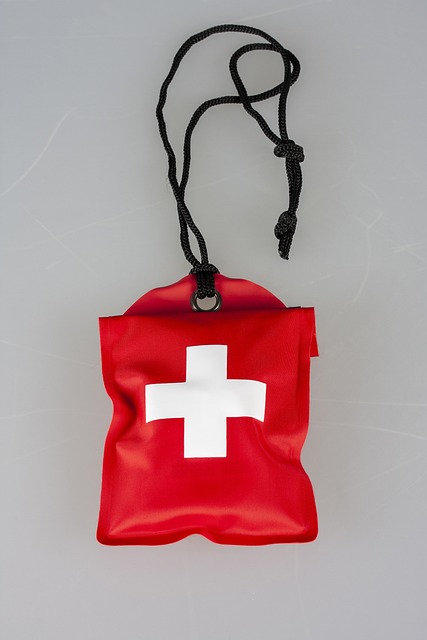Dogs For Sale: What to Know About Yorkies and Mini Breeds
Finding the right dog for your household is about matching temperament, size, and care needs with your lifestyle. Whether you’re considering a compact companion like a mini yorkie or a standard yorkshire terrier, understanding breed traits, health considerations, and the marketplace for dogs for sale helps you make a responsible choice and avoid common pitfalls.

Choosing the right dog
Selecting any dog starts with honest reflection about daily routines, living space, and activity levels. Small breeds like yorkshire terriers are lively and adapt well to apartments but still need regular mental stimulation and walks. Consider allergy sensitivities, time for grooming, and whether you can commit to training. Look for breeders or adoption organizations that prioritize temperament testing and health checks to ensure the dog you buy will be a good long-term fit for your household.
About the miniature dog
Miniature dog breeds appeal to buyers who want a small footprint and portable companion. “Miniature” can mean a recognized smaller variety of a breed or an informal description like “teacup.” Be cautious with labels: truly healthy miniature lines come from responsible breeding focused on sound structure and temperament, not extreme size reduction. Evaluate lineage, ask about common breed-specific health issues, and request veterinary records or a health guarantee when available to reduce the risk of unexpected medical costs.
Is a yorkie right for you?
Yorkies are energetic, affectionate, and often bold despite their small size. They thrive on interaction and can become anxious if left alone frequently, so they suit households where someone can provide attention or structured socialization. Their long, silky coat needs regular grooming unless kept in a short trim. Training early helps curb small-dog behavior issues. Prospective owners should research common yorkshire terrier health concerns such as dental issues and patellar luxation and find a seller who screens breeding dogs for hereditary conditions.
Understanding yorkshire terrier care
Caring for a yorkshire terrier includes consistent grooming, dental hygiene, and routine vet visits. Nutritional needs vary with age and activity; small breeds can be prone to hypoglycemia as puppies, so proper feeding schedules are important. Socialization and positive-reinforcement training reduce barking and separation anxiety. Budgeting for routine preventative care (vaccines, flea/tick prevention, dental cleanings) and periodic professional grooming will help maintain the health and well-being of a yorkie or mini yorkie over its lifetime.
Buying a mini yorkie: what to know
When shopping for a mini yorkie, prioritize ethical breeders and verified rescue groups. Beware listings that promise “teacup” sizes without evidence—these terms can mask health problems resulting from extreme breeding. Ask for three-generation pedigrees if possible, veterinary health clearances, and references from previous buyers. If adopting, shelters and breed-specific rescues often have small dogs at lower cost and with behavioral assessments. Verify return or rehoming policies and get a written agreement that outlines any available health guarantees.
The real-world costs for acquiring different small dogs can vary widely depending on source, registration, and health guarantees. Below is a simple comparison of common purchasing channels and typical cost ranges to help set expectations.
| Product/Service | Provider | Cost Estimation |
|---|---|---|
| AKC-registered Yorkshire Terrier puppy | AKC Marketplace / AKC breeders | $800–$3,000 |
| Mini Yorkie or teacup listings | PuppySpot / online marketplaces | $1,500–$5,000 |
| Adoptable small dogs (Yorkie mixes, rescues) | Petfinder / local shelters | $50–$400 adoption fee |
| Private breeder or rehoming | Local reputable breeders / owner rehomes | $200–$2,500 |
Prices, rates, or cost estimates mentioned in this article are based on the latest available information but may change over time. Independent research is advised before making financial decisions.
Conclusion
Buying a dog—especially small breeds like yorkies, mini yorkies, or other miniature dogs—requires careful research into breeder reputation, health clearances, and ongoing care needs. Weigh acquisition costs alongside lifetime expenses such as veterinary care, grooming, and proper nutrition. Taking time to evaluate temperament, ask for documentation, and consider adoption options will help ensure a healthier, happier match between you and your new companion.






